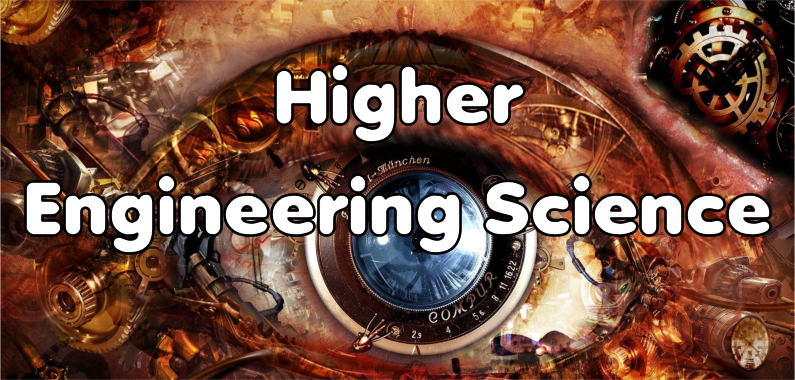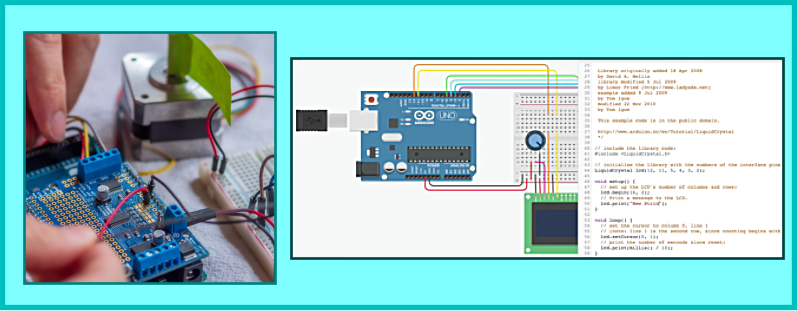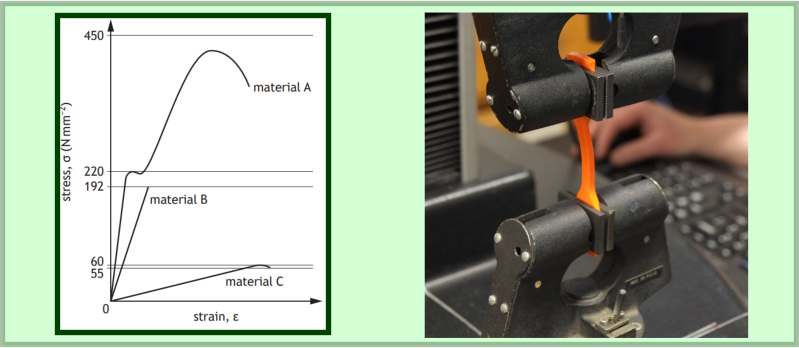Engineering shapes the world in which we live and its future. Engineers play key roles in meeting the needs of society in fields that include climate change, medicine, IT and transport.
The course provides a broad and challenging exploration of engineering, enabling candidates to:
- extend and apply knowledge and understanding of key engineering concepts, principles and practice.
- understand the relationships between engineering, mathematics and science.
- apply analysis, design, construction and evaluation to a range of engineering problems with some complex features.
- communicate engineering concepts clearly and concisely, using appropriate terminology.
- develop a greater understanding of the role and impact of engineering in changing and influencing our environment and society.
Course Content:
Engineering contexts and challenges
Candidates develop a deep understanding of engineering concepts by exploring a range of engineering problems with some complex features, and their solutions. This allows them to explore some existing and emerging technologies and challenges, and to consider
implications relating to the environment, sustainable development, and economic and social issues.
Electronics and control
Candidates explore an appropriate range of key concepts and devices used in electronic control systems, including analogue, digital and programmable systems. They develop skills
in problem solving and evaluating through simulation, practical projects and investigative tasks across a range of contexts.
Mechanisms and structures
Candidates develop a deep understanding of mechanisms and structures. They develop skills in problem solving and evaluating through simulation, practical projects and investigative tasks across a range of contexts.
Assessment Overview:
Component 1: Question Paper 110 marks – 2 hours and 30 minutes
Component 2: Assignment 50 marks





